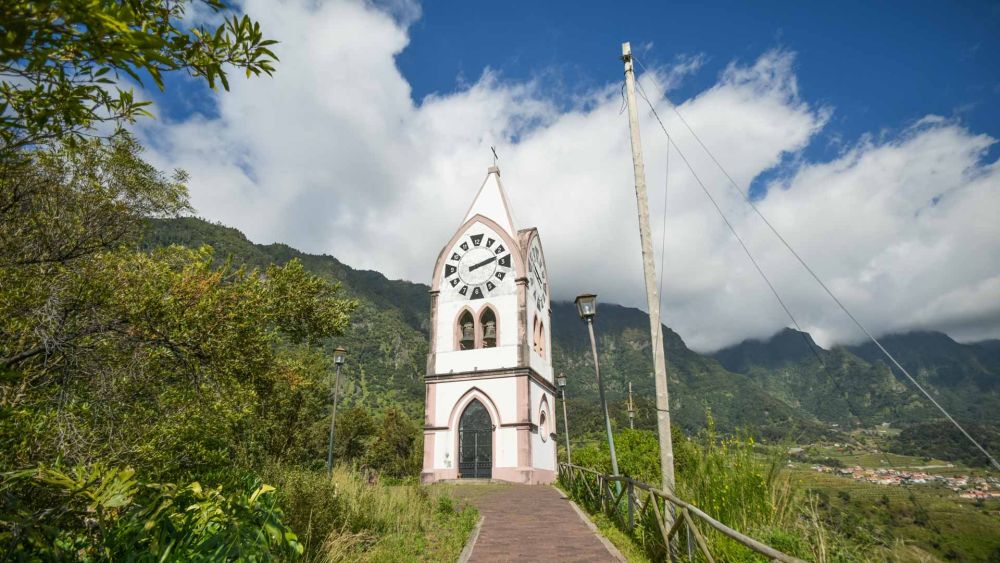

Located in the coastal town of Suai in Timor-Leste, the Nossa Senhora de Fátima Church represents not just a religious place of worship but also an important symbol in the history of the country. The church has played a pivotal role in the community’s religious and social life.
The church gained international attention during the violent political unrest in Timor-Leste in 1999. It became a refuge for thousands of East Timorese during the militia attacks following the independence referendum. Unfortunately, it was also the site of a massacre, where many civilians lost their lives. Despite these tragic events, the church stands as a testament to resilience and the struggle for freedom and independence in Timor-Leste.
Tourism in Timor-Leste is still in its developmental stage, evolving gradually since the country's independence in 2002. The country offers a unique blend of history, culture, and natural beauty. Visitors can experience untouched landscapes, pristine beaches, and rich traditions, including various Portuguese and indigenous influences.
Nossa Senhora de Fátima Church is a key historical site for those coming to understand Timor-Leste's turbulent history. For visitors, the church is not only a significant religious site but also a place for reflection on peace and reconciliation. The church has become an essential stop on the historical and cultural tourism circuit of the country.
Acknowledging its complex history, Timor-Leste is now embracing eco-tourism and sustainable practices to protect its environment while promoting tourism. The focus is on community-based tourism that benefits local populations and preserves the natural habitat. The potential for diving tourism is being explored, with Timor-Leste's coral reefs being some of the most biodiverse in the world. Cultural tourism is also growing, as visitors seek to learn about the nation's past and its path to independence, with places like the Nossa Senhora de Fátima Church serving as poignant reminders.
Visitors to the church can find it located in the heart of Suai, easily accessible by road. Tourists are advised to be respectful of its history and the local customs when visiting this solemn site. The church holds regular services and is a place of community gathering, with the locals welcoming those who come with a genuine interest in their history and culture.